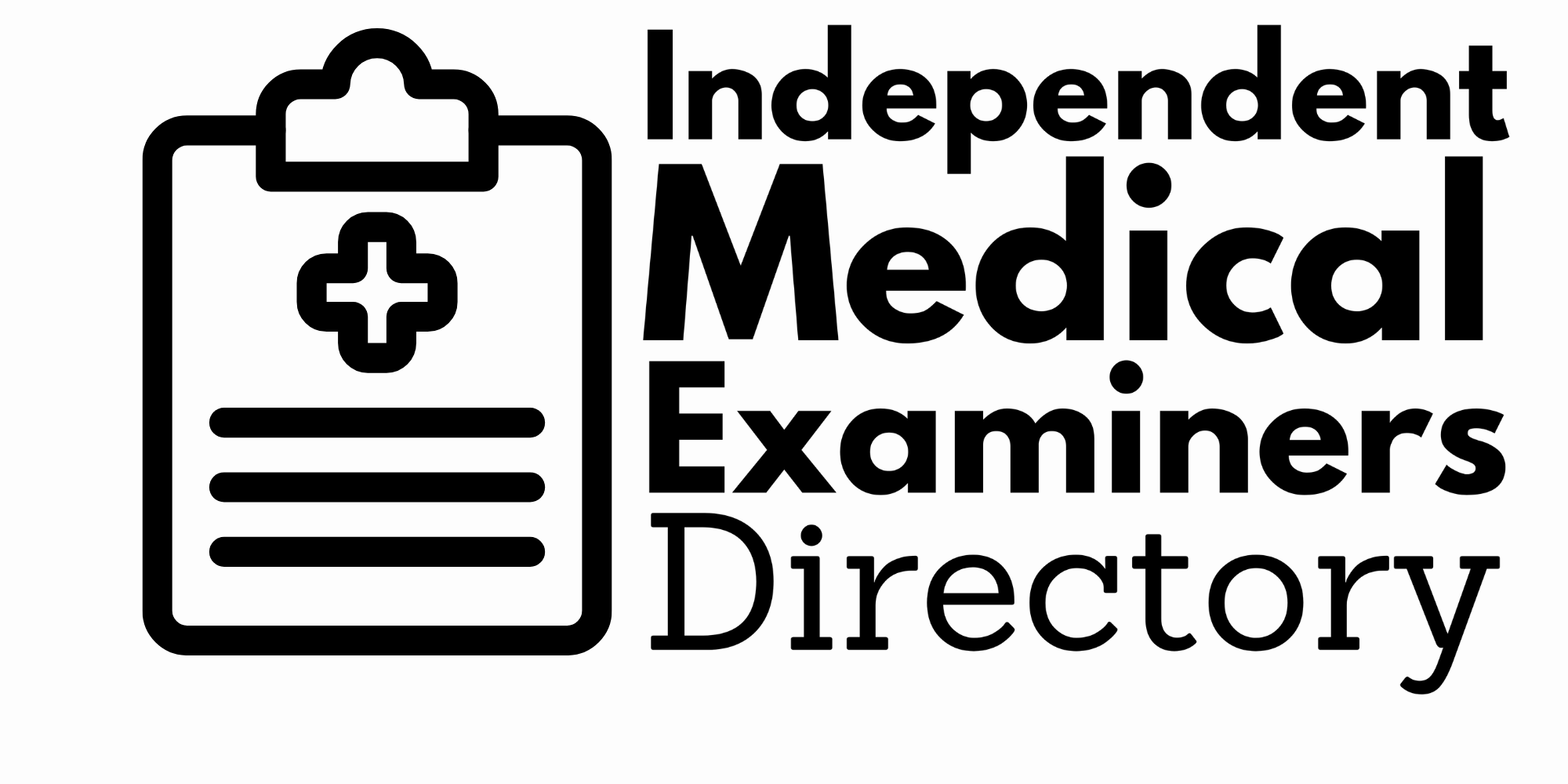For medical expert witnesses, trial is the moment where preparation meets performance. The courtroom can be unfamiliar territory—even for seasoned clinicians—so the key to effective testimony is thorough, focused preparation.
Understand the Case Theory
Before you step into court, you should know:
The legal questions you’re helping answer.
How your testimony fits into the attorney’s overall case strategy.
The central themes the jury needs to remember from you.
Review Your Materials
Re‑read your report and any supplemental opinions.
Refresh your memory on critical records, timelines, and imaging.
Review any demonstratives you’ll use—practice explaining them in plain language.
Check for any new evidence or updated guidelines that might affect your testimony.
Coordinate With Counsel
Schedule a prep session to go over direct examination questions.
Discuss likely cross‑examination topics and tough hypotheticals.
Review courtroom procedures and the sequence of witness testimony.
Agree on how exhibits will be presented and referenced.
Practice the Delivery
Answer in short, clear sentences.
Use analogies that make complex concepts relatable.
Maintain a steady, calm tone—even under aggressive questioning.
Make eye contact with jurors when answering.
Anticipate Cross‑Examination
Know your prior testimony, publications, and CV cold.
Be ready to explain any differences between past and current opinions.
Address potential weaknesses head‑on; don’t get defensive.
Clarify assumptions in hypotheticals before answering.
Courtroom Demeanor
Dress professionally but comfortably.
Sit upright and attentive when waiting to testify.
Listen to the full question before responding.
Avoid humor, sarcasm, or expressions of frustration.
Day‑Of Checklist
Arrive early—factor in time for parking, security, and locating the courtroom.
Bring only approved materials; leave personal notes behind unless cleared.
Have water, reading glasses, and any exhibits ready.
Take a deep breath before answering your first question.
Bottom line: Trial prep is about more than memorizing your report—it’s about knowing the case, understanding your role, and delivering your opinions with clarity, credibility, and composure. The more prepared you are, the more effective you’ll be when it matters most.
